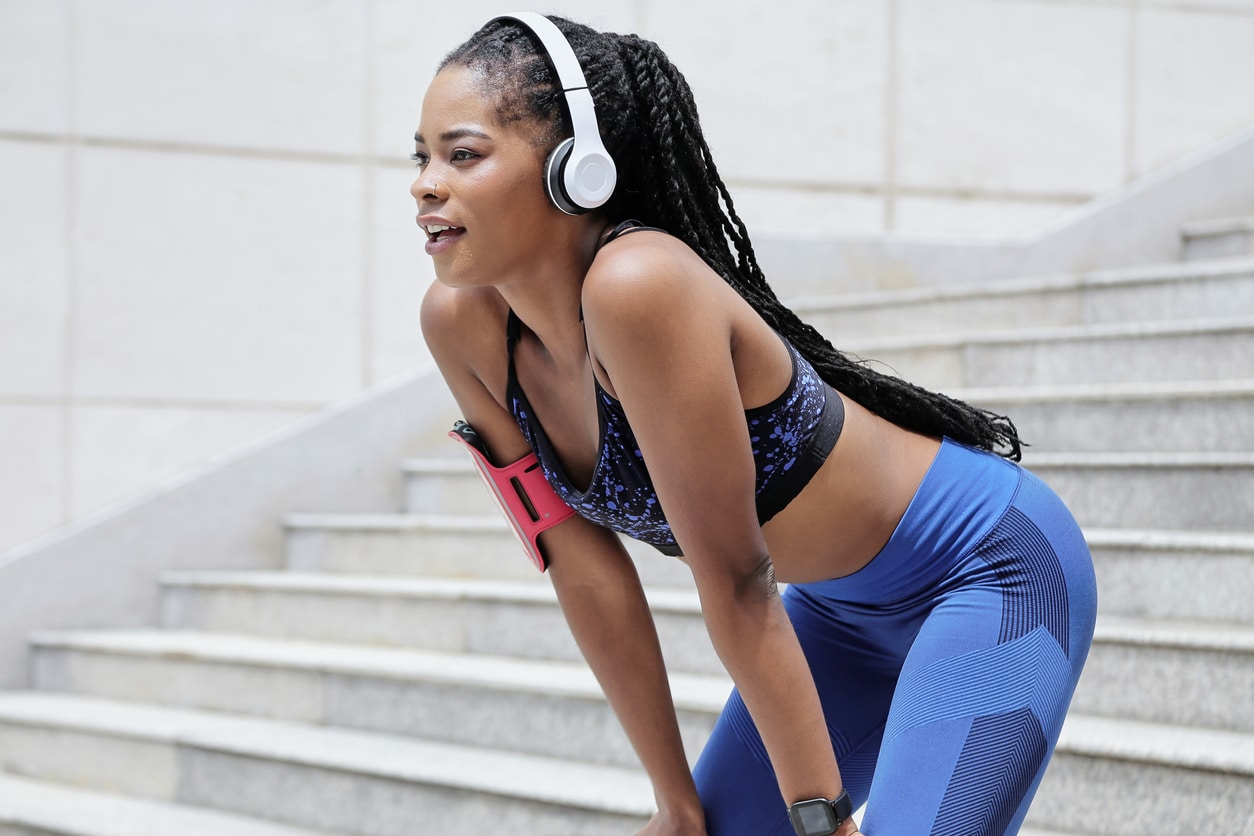Exercise is essential for maintaining a healthy lifestyle, but for the 100 million people who experience allergies, staying active can be a challenge. Allergies can be exacerbated during exercise, leading to discomfort and discouraging individuals from working out. However, with the right strategies, you can manage allergy symptoms and enjoy the benefits of regular physical activity. Here’s how to stay active without suffering from allergies.
When you exercise, your breathing rate increases, causing you to inhale more air, and with it, more allergens like pollen, dust and mold. This can trigger allergy symptoms such as sneezing, congestion, itchy eyes and even asthma attacks. Additionally, outdoor exercise exposes you to environmental allergens, while indoor gyms can have mold, dust mites or poor ventilation that aggravate symptoms.
Strategies to Manage Allergy Symptoms
Monitor Pollen Counts

If you have seasonal allergies, check pollen counts before heading outdoors. Plan your workouts for times when pollen counts appear lower. Websites like pollen.com can provide real-time pollen counts and help you choose the best time to exercise.
Choose Your Exercise Environment Wisely
For those with severe allergies, indoor workouts might be a better option. However, ensure that your indoor environment is allergen-free. Use air purifiers to reduce dust and pollen, and keep windows closed to prevent outdoor allergens from entering. If you prefer the gym, choose one with good air filtration and who maintains regular cleaning practices.
Take Preventive Measures
Taking antihistamines before exercising can help manage symptoms. Non-drowsy antihistamines are ideal as they won’t affect your performance.
Shower and Change Clothes Post-Exercise
After an outdoor workout, shower promptly to remove pollen and other allergens from your skin and hair. Change into clean clothes to avoid spreading allergens inside your home.
Opt for Low-Allergen Activities
Some exercises are less likely to trigger allergies. Swimming, for instance, is an excellent low-allergen activity because the humidity and indoor environment help reduce exposure to airborne allergens. Similarly, yoga and Pilates can be practiced in controlled environments with fewer allergens.
Invest in Quality Gear
Wearing sunglasses and a hat can help protect your eyes and face from pollen when exercising outdoors. Look for athletic gear that is breathable and moisture-wicking to keep you comfortable and reduce the risk of mold or mildew growth.
Allergies don’t have to stop you from staying active and enjoying the benefits of exercise. By understanding how allergies affect your workouts and implementing these strategies, you can manage your symptoms effectively.
To learn more about allergy management or to schedule an allergy test, contact ENT of Georgia North today.